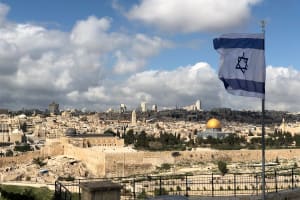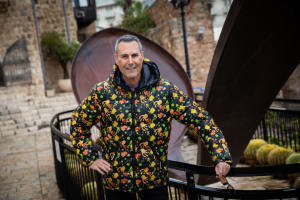Realities in Gaza
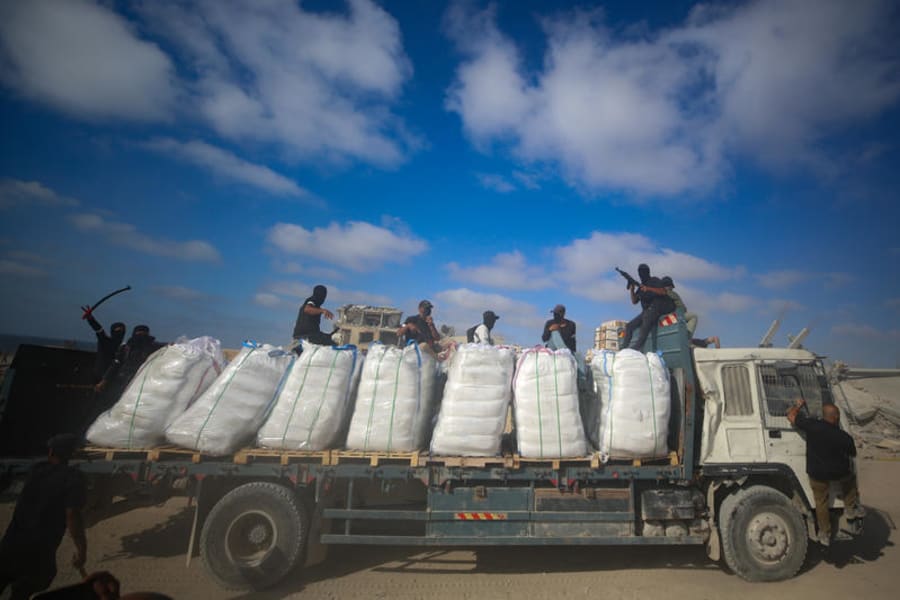
Is there hunger in Gaza?
Yes, there is.
Are many suffering from malnutrition in Gaza?
Yes there are.
Are some in Gaza dying from starvation?
Yes, there are.
Is this the product of Israeli policies?
No, it is not.
Is it the product of the Israel Defense Forces’ conduct of the war with Hamas?
No, it is not.
What then is the cause of this dire situation? The answer to that is as clear as sunshine in clear skies: Some 4,500 trucks laden with food, water and medications have been recently brought into Gaza with Israel’s full and eager cooperation. Most of this aid never reaches the population in Gaza; as soon as it crosses into Gaza it is commandeered by squads of armed Hamas operatives and redirected to Hamas’ storerooms, all of which now overflow. Hamas then first provides for its own and for those who actively and openly support the terrorist organization, and then sells the rest in dribbles so as to keep prices high. The cost of food in Gaza is now higher than in most countries – and, remember, the majority of Gazans have no source of income apart from joining or being employed by Hamas. With the cooperation of overseas bodies, Israel established food distribution centers where tens of thousands of food parcels are distributed for free. Hamas has opposed these centers, attacked them and attacked those making their way to and from them. Hamas repeatedly demands that all humanitarian aid be distributed by UNRWA because that organization is infiltrated by and largely controlled by Hamas. Hamas has absolutely no concern for the well-being of the civilians living in Gaza. On the contrary: the greater their suffering, the more Hamas can exploit their pain to frame world public opinion.
Below, taken from the Wall Street Journal, July 25, pg. A15, is testimony from Gaza. Mr. Shabab has taken the initiative and set up an ever-expanding area in Gaza which is not only free of Hamas’ malicious manipulation of human suffering, but which give the lie to Hamas’ claim that Israel premeditatedly attacks civilians and engages in systematic starvation policies, let alone that Israel is conducting a genocidal campaign against the Palestinians living in Gaza. The region under Mr. Shabab’s control is not attacked, food, water and medications are provided and – above all – hope holds sway.
A Voice from Gaza
By Mr. Shabab, commander of the Popular Forces in Gaza
"While most of Gaza continues to suffer under the ongoing war between Hamas and Israel, things are very different for thousands living in eastern Rafah—for us, the war is already over. The Popular Forces, an independent Palestinian group under my leadership, have secured several square kilometers of land that have been home to my Bedouin tribe, the Tarabin, for generations. We aren’t an ideological movement, but a pragmatic one. Our primary goal is to separate Palestinians who have nothing to do with Hamas from the fire of war. For the past seven weeks, our neighborhood has become the only area in Gaza governed by a Palestinian administration not affiliated with Hamas since 2007. Our armed patrols have successfully kept Hamas and other militant groups out. As a result, life here no longer feels like life in Gaza. In eastern Rafah, people have access to shelter, food, water, and basic medical supplies—all without fear of Hamas stealing aid or being caught in the crossfire with the Israeli military. The effect has been tremendous: no more airstrike casualties, no chaotic aid lines, no evacuation orders, and no fear of booby-trapped homes or children being used as human shields by Hamas. While there is still much to improve, people now sleep at night without fear of death. This should not be the exception in Gaza—it can be the model, the new norm. The vast majority of Gazans reject Hamas. They don’t want it to remain in power after the war ends. But though they hate Hamas, they still fear it. Since protests began earlier this year calling for the group’s removal, demonstrators have been killed, tortured or forced into hiding. My own family didn’t take part in those protests, but when Hamas killed my brother, Fathi Abu Shabab, and my cousin, Ibrahim Abu Shabab, for trying to secure aid for our family—and when 52 civilians under our care were murdered in their homes—I realized that silence is no longer an option. If we remain quiet now, we will never be free, cease-fire or not. This may be our only chance to secure a future that rejects violence and embraces reason. What has prevented most Gazans from expressing their true anger at Hamas is the lack of a viable alternative. Hamas still controls aid access and dominates institutions like the U.N. Relief and Works Agency for Palestine Refugees in the Near East (UNWRA). Hamas still turns aid centers into hubs for its own operations. In some areas, the only thing preventing people from fleeing is the presence of Israeli troops, which might withdraw as part of a cease-fire. No one else has been willing to step up and risk publicly breaking with Hamas. Those fears lost their meaning for me after my brother and cousin were murdered. Hamas has labeled me a criminal and collaborator, but I am not intimidated by them. I won’t surrender. Through our efforts, we have shown a glimpse of what a new Gaza could look like. We have already received requests from many families to relocate to eastern Rafah. With proper support, we are ready to take responsibility for the rest of Rafah. Within months, more than 600,000 people—nearly a third of Gaza’s population—could be living outside the cycle of war. We need only three things to make this vision a reality: financial support to prevent Hamas’s return, humanitarian aid to meet the population’s immediate needs for food and shelter, and safe corridors so people can move around. In a short time, we could transform most of Gaza from a war zone into functioning communities. When the rebuilding has begun, Hamas can negotiate with Israel for the release of hostages in exchange for safe passage out of Gaza. Let them go to Qatar, Turkey or wherever their enablers will have them. We don’t want them among us. What comes next for Gaza must be determined by the people themselves, a choice we have been denied for nearly two decades. For now, our focus remains on saving as many lives as possible and laying the foundations for a better future. On behalf of the overwhelming majority of Palestinians in Gaza, the Popular Forces call on the U.S. and Arab countries formally to recognize and support an independent Palestinian administration under our leadership. From eastern Rafah—where families now sleep safely under civil protection—I can see Gaza’s future. The question is: Will the world help build it with us, free from the ideologies of violence and terror?"
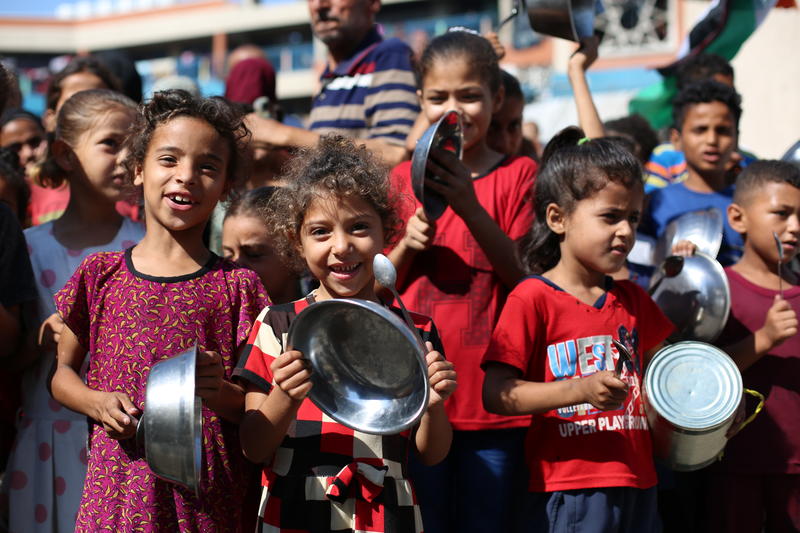
This article was originally published on www.themaozweb.com. It is reposted here by permission.
Is All Israel News’ faithful reporting important to you? Be part of it—help us continue by becoming a $5/month supporting partner.
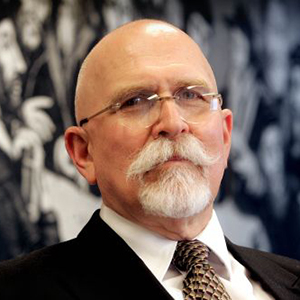
Baruch Maoz served for thirty-three years as pastor of Grace and Truth Christian Congregation near Tel Aviv and field leader for Christian Witness to Israel. He is senior editor of the Modern Hebrew Bible, coeditor of the Annotated Hebrew New Testament, and founder and former co-editor of Mishkan: An International Theological Forum on Jewish Evangelism.
You might also like to read this:


